Charlotte Willis examines the many nutritional and punchy benefits of the humble seed…
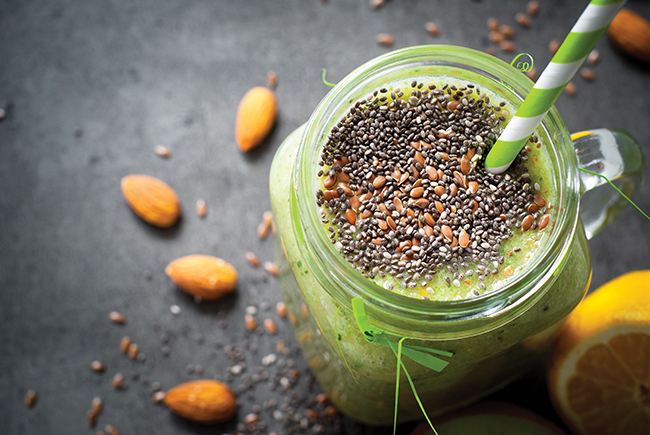
Exploring the nutritional benefits of seeds
Call me biased, standing here at five-foot-nothing, but my twenty-something years have accumulated the great knowledge that good things, well they truly do come in compact sizes. Nature compacts its nutrient-dense wonders into small, rounded and decidedly edible packages. Specifically, seeds. Often overlooked in favour of their nutty cousins, seeds encase some of the most complex of health benefits for our bodies under their hard exteriors. From hormone balancing all the way to hair growth and heart health, you’ll soon find reason to make seeds a regular, staple part of your diet.
Small but Mighty
Take a moment to consider this; most of your favourite fruits and vegetables, the plants and grass that surround our natural environment, even some of the tallest trees that you see, all began their journey to the accomplished organisms they are now as just one, tiny insignificant seed produced by a parent plant. Given the correct conditions, these seeds have the inbuilt ability to sprout and grow, self-sustaining for months and months until breaking free. Each has the resilience to escape being buried under soil and leaves, with the protection to survive the digestive system of the animals which consume and disperse them.
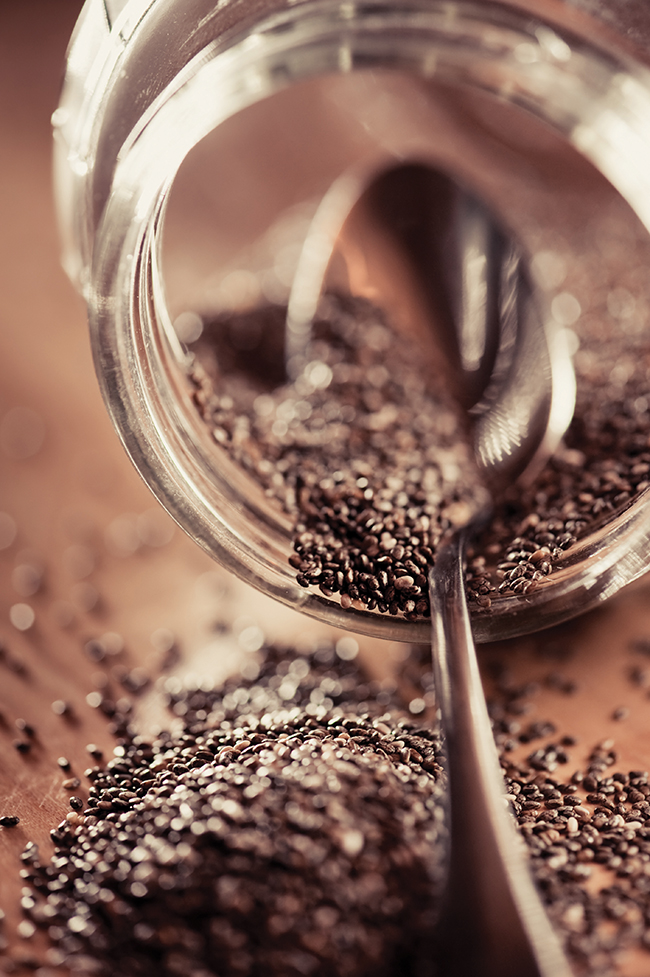
Seeds are hardy structures, but beyond their tough exterior, lies an all-too-often disregarded package of nutritional benefits. Seeds are far more than just an addition to your salad or a topping on your bagel. They are individually capable of blooming into life, and equally as capable of enhancing your health in a variety of ways.
Perfectly Formed
If we take a look at the nutritional profile of seeds in general, you’ll soon discover that these deceivingly healthy superfoods are rich in pretty much every essential vitamin, mineral and fatty acid you could shake a stick at. There’s a reason why just about any health blogger and general foodie enthusiast cheer about chia, praise pumpkin and flaunt flaxseeds in every recipe possible. The headlines about seeds as everyday superfoods range from the sublime to the ridiculous (and you should never believe anything you hear from a journalist, right!?), but is there a real seed of truth hidden behind these gross claims?
One thing that is undoubtedly true? The high amount of fibre found in seeds including flaxseeds (also known as linseeds) and chia seeds will help enhance your digestive health. The insoluble and soluble fibre contained in both seeds has a powerful anti-inflammatory action on the lining of the gut wall, while feeding your internal digestive microbiome. The result? A reduction in constipation and easing symptoms of conditions such as IBS and chronic indigestion. This fibre also helps maintain healthy levels of cholesterol and reduces heart disease, liver damage and boosts blood flow to the brain.
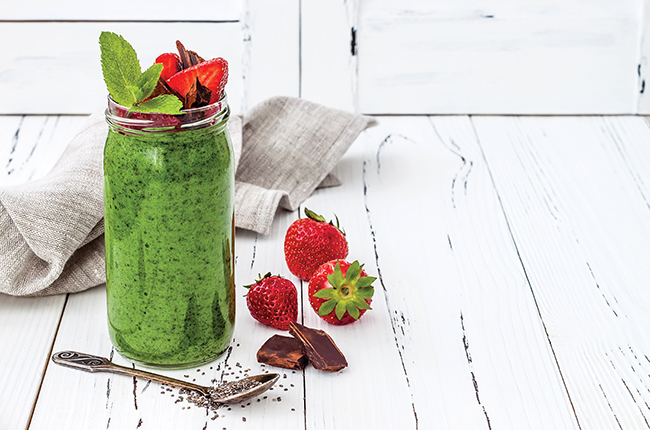
Seeds such as pumpkin, sunflower and sesame are favoured by athletes and gym-bunnies alike (myself included). Not only are they delicious in protein shakes, or spooned straight out of the jar, these seeds are incredibly high in plant-based protein and zinc, both essential for helping aid muscle recovery.
Seed Cycling: The 411
One of the most interesting and unique uses for eating seeds relates to the female hormonal cycle in a process most commonly known as seed cycling. I first read about the idea of seed cycling when scouring all over the internet for naturopathic and alternative methods to help balance hormones, you know, as you do. I was startled at first.
Surely the idea that consuming different types of seeds at different hormonal checkpoints during an average female cycle won’t make that much of a difference? However, reading up on the vast amounts of anecdotal evidence I’ve seen on blogs, this extremely alternative method of seed use does indeed seem to help many an unbalanced woman (they will not, however, knock off anything from that lengthy to-do-list).
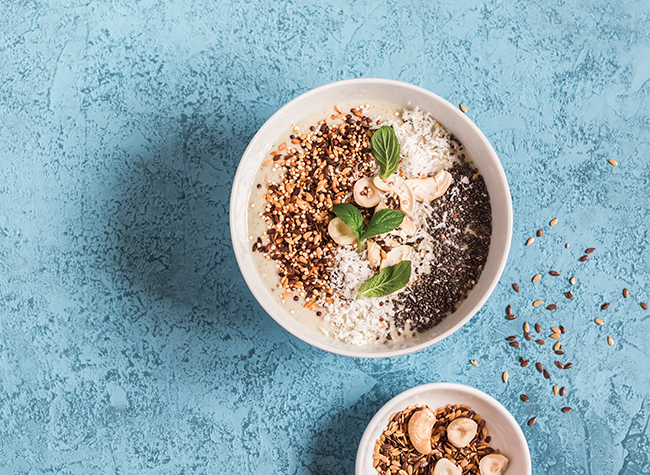
The scientific concept of seed cycling is based upon the idea that during different times in a female hormonal cycle, a specific range of nutrients is required for optimum hormonal release and regulation. It has been suggested that consuming specific seeds which contain these essential nutrients will help you achieve hormonal harmony in two ways.
Seeds contain two vital compounds which help aid your endocrine system. Firstly, the hull of the seeds contain fibrous compounds known as ligands. These ligands bind and remove excess hormones from the body. Secondly, the seed oils packaged inside contain those famous essential fatty acids (the omega family) which form the building blocks for many hormones. It turns out that seeds contain the ultimate complete package for happy hormones. What’s more, seed cycling has been linked to improvements in symptoms of acne, PMS, PMT, pain and period irregularity. Sounds good? Here’s how.
Get Seeded
You’ll need to get your hands on four types of seed; flaxseed, pumpkin, sesame and sunflower. My advice would be to buy organic wherever possible, particularly for pumpkin and sunflower, as conventional seeds are all too often contaminated with pesticide residues which can interfere with correct hormone synthesis.
Next, you’ll need to establish the optimum time during which to consume your super-seeds. During days 1-14 of your cycle, one tbsp ground flaxseeds and pumpkin seeds should be consumed every day. These seeds contain higher levels of zinc (to support progesterone synthesis) and ligands which block excess oestrogen production.
From days 15-28 you’ll need to eat 1 tbsp sesame and sunflower seeds every day. During these days, omega 6 fatty acids are required to synthesise new hormones, and the selenium found in sunflower seeds aids the liver’s detoxification of old hormones from your body.
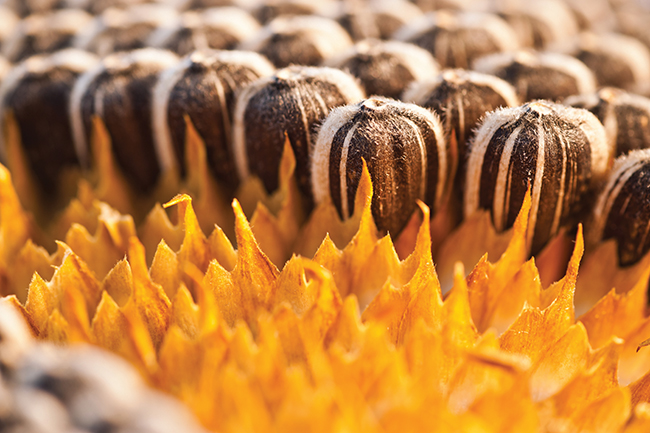
The most important aspect is to grind the seeds. This releases their nutrients more readily and allows you to benefit from the fatty acids, otherwise, they are likely to, urm, pass right through you! Try your best to eat them freshly ground, as storing these seeds for too long in their ground state will leave them liable to oxidation.
It can take 4-6 cycles for your body to begin benefiting from seeds, but it’s essential not to give in! Be persistent and create a diary of your experience and/or progress.
The Good Kind of Fat
Besides from being a hormonal balancer, seeds are also beneficial for male and female health in a mutual manor. The essential fatty acids omega 3, 6 and 9 are all found concealed within the tough exterior of most seeds. Not only are these plant-based forms of fatty acids free from cholesterol, but they are also better biochemically managed by your body. Plant-based sources of fatty acids allow your body to uptake exactly what is required, because the body has to transition these plant-structured compounds into human-structured ones, trimming off certain biochemicals and adding others in their place in order to create a new and perfectly formed fatty acid. In this way, your body can tailor-make it’s fatty acids to suit, unlike animal-based fatty acids which can overwhelm your system.
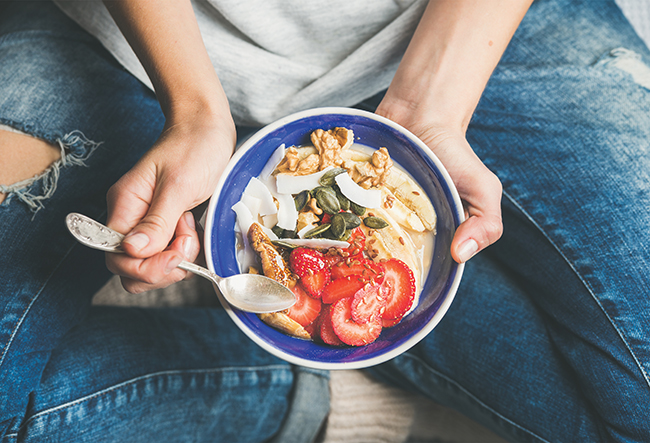
Sprinkle. Grind. Snack. Repeat.
To maximise the benefits from these tiny nutritional packages, I recommend getting a variety into your diet via different forms. Snacking on larger, whole seeds is great, as chewing will enable the release of most compounds into your digestive system. However, smaller seeds should be soaked or ground. One of my favourite ways to incorporate these into my diet is via smoothies. Just toss a tablespoon into your favourite recipe and watch it transform into a thick gluttonous shake. Seed butters and ground butters make a great addition to traditional recipes. Tahini in hummus, tahini salted caramel sauce, tahini…on anything. Poppy seeds can also be ground into a paste and used in sweet or savoury dishes. Try tossing a few seeds into your next recipe. Not only will they pack a nutritional punch, seeds heighten the flavour and texture of most dishes, and will become a staple on your shopping list.
About the author
 Charlotte Willis is a student researcher of nutrition and human disease. Studying to become a Doctor of Human Nutrition, she is particularly interested in wholefood, plant-based nutrition and healthful lifestyle intervention in the prevention and reversal of chronic human diseases.
Charlotte Willis is a student researcher of nutrition and human disease. Studying to become a Doctor of Human Nutrition, she is particularly interested in wholefood, plant-based nutrition and healthful lifestyle intervention in the prevention and reversal of chronic human diseases.
